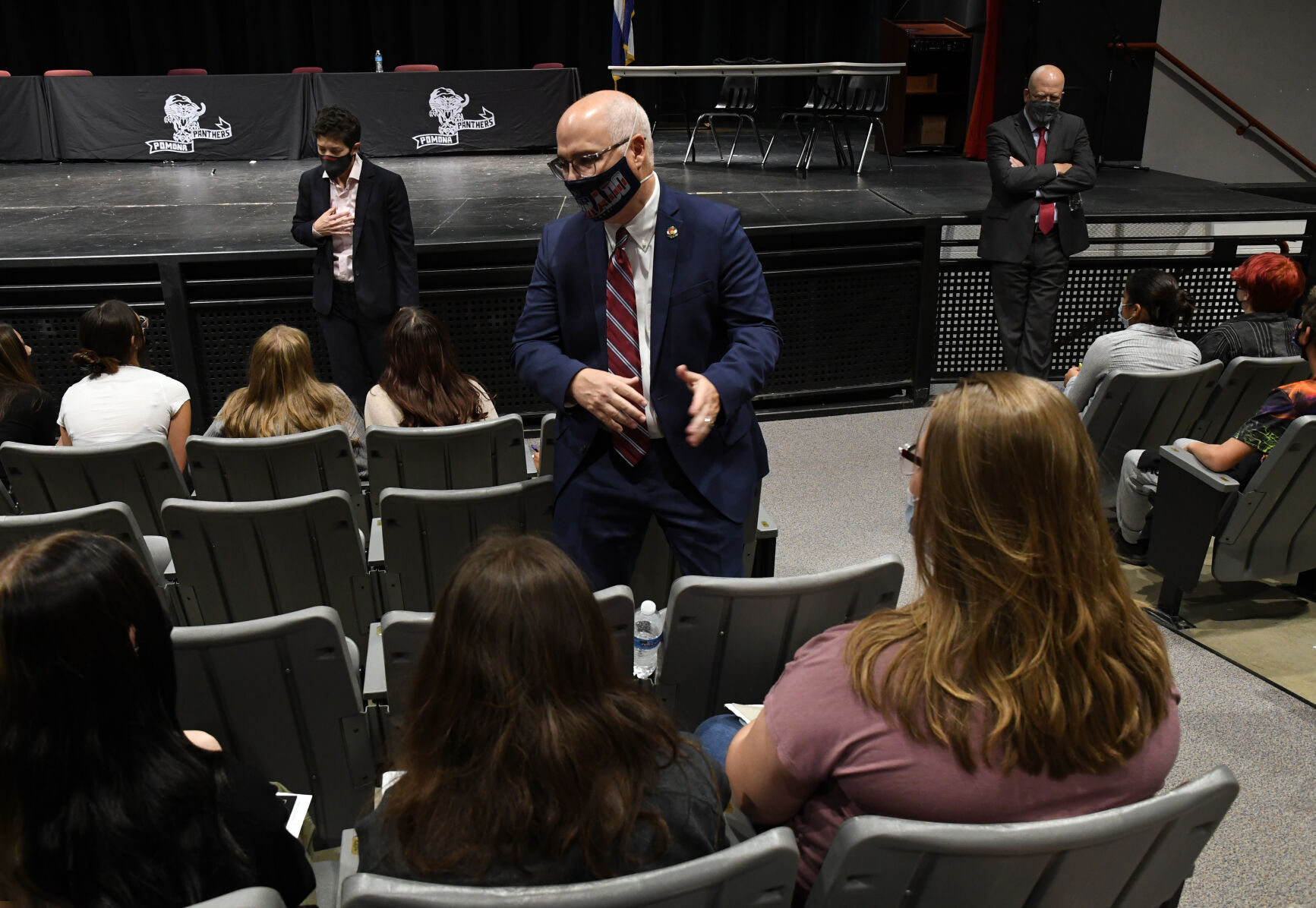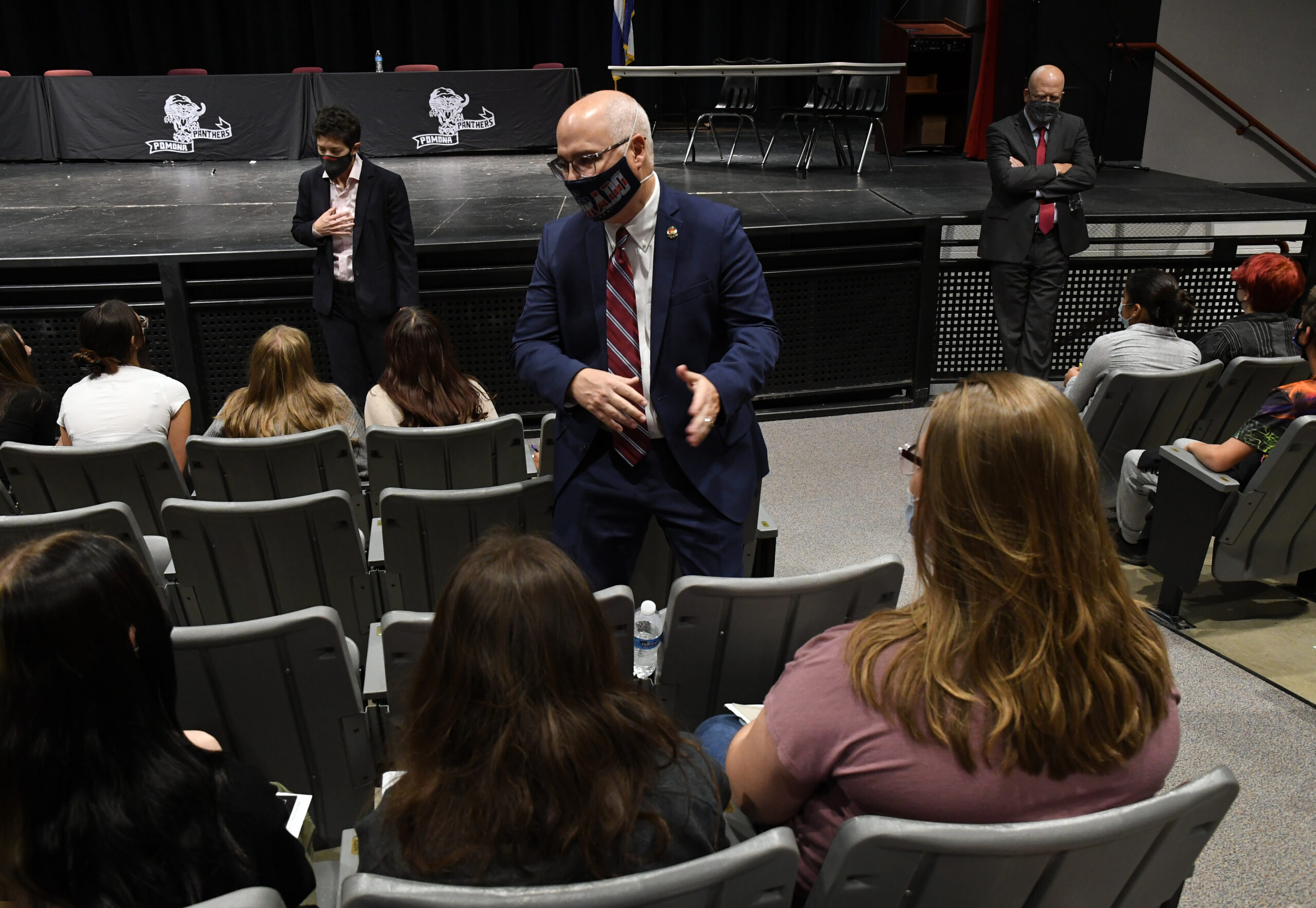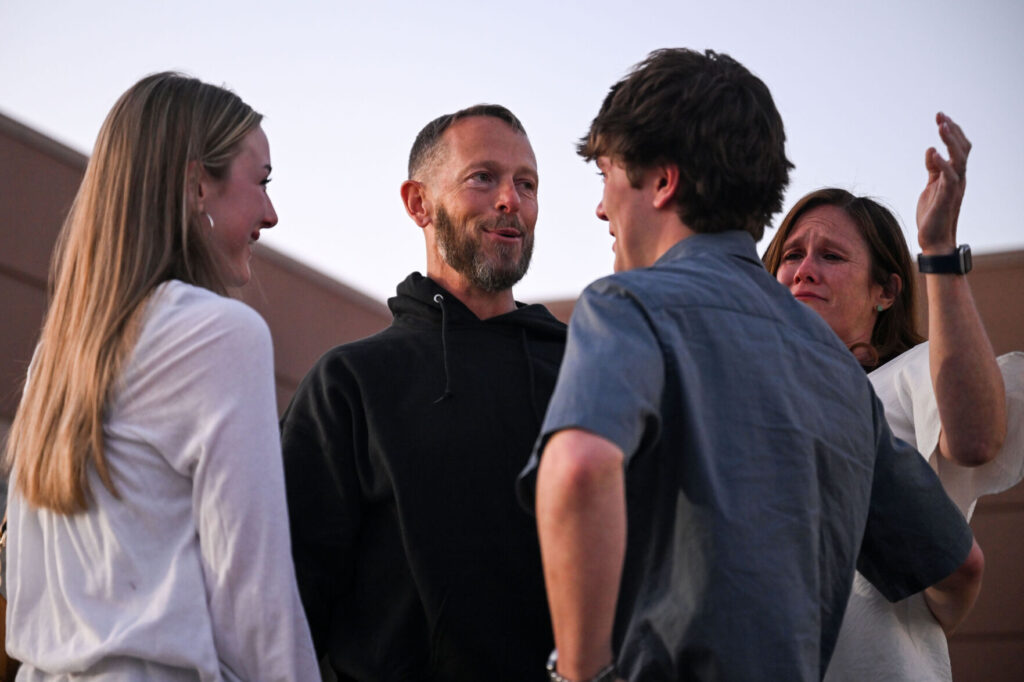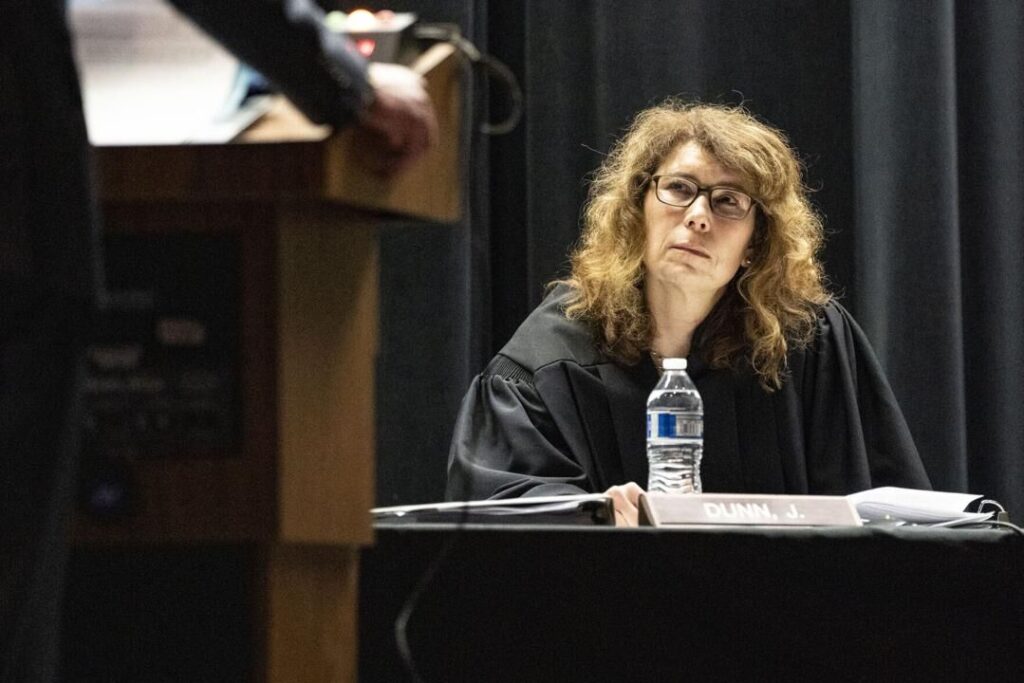Restitution to victims ends with death on appeal, state Supreme Court rules

A defendant who dies of natural causes while their appeal is pending no longer has an obligation to pay restitution to victims, the Colorado Supreme Court decided on Monday.
Under a longstanding legal doctrine, known as abatement ab initio, a person who dies while appealing his conviction not only has the appeal dismissed, but the criminal case is wiped away entirely as if the person had never been charged in the first place. It was an open question, however, about what would happen to any restitution the defendant owed to his victims at the time of his death.
The court made clear that it was simply following the doctrine and the law as it exists now in finding that the obligation to pay restitution also disappears.
The General Assembly, wrote Justice William W. Hood III, “hasn’t clearly acted to exclude restitution orders from abatement ab initio.“
In the case at hand, a jury found Eddie Wayne Johnson guilty of securities fraud and theft after he was accused of stealing $150,000 from five investors in his trailer construction business. A Logan County judge sentenced Johnson to 48 years in prison and ordered him to pay approximately $220,000, nearly all of it in restitution to the victims.
However, Johnson died of cancer while his appeal was pending, and a panel of the state’s Court of Appeals ordered that the charges against him be dismissed and the restitution order be thrown out. Judge David H. Yun, who wrote the appellate panel’s decision, acknowledged the unfairness of the situation to Johnson’s victims.
“But such outcomes are an inevitable consequence of the doctrine of abatement ab initio,” Yun wrote, inviting the Supreme Court or the General Assembly to change the doctrine if either felt differently.
Tim Lane, legislative liaison and policy analyst for the Colorado District Attorneys’ Council, said that the organization representing the state’s elected prosecutors monitored the case and believes the legislature should act to keep restitution orders in place even if a defendant dies on appeal.
“The doctrine of abatement ab initio can be very frustrating for victims, both by vacating a conviction and the resulting effect on restitution,” Lane said. “The estate of a deceased defendant who has previously been tried and convicted of criminal wrongdoing may, by virtue of the defendant’s passing during a pending appeal, avoid paying for the costs of the crime. Given the fact that appeals can drag on years past the statute of limitations for a civil lawsuit, the Johnson case means that a victim may be left without any legal recourse.”
The court’s decision was narrow in some respects. The justices declined to consider whether to invalidate outright the doctrine of abatement ab initio, which means “from the beginning” in Latin. They also did not weigh in on what happens when a death on appeal happens as the result of suicide.
In the latter instance, the court was mindful of the 2017 suicide of Aaron Hernandez, the onetime football player who killed himself in prison following his conviction for the murder of Odin Lloyd. Although Lloyd’s mother was able to settle her wrongful death lawsuit with Hernandez’s estate, the Massachusetts Supreme Judicial Court used Hernandez’s suicide as an occasion to drop the abatement ab initio doctrine permanently.
The doctrine originally stemmed from the twin notions that the law cannot continue punishing a defendant who is deceased, and that a judgement is not final until the defendant has the opportunity for his appeal to be heard. However, the emergence of compensation for crime victims added a wrinkle to abatement ab initio: What happens when a defendant does not survive his appeal, but his victims do?
“The system has recognized that other parties in society, particularly crime victims, have a genuine interest in the outcome of a criminal prosecution,” Assistant Attorney General Brittany L. Limes told the justices in November. “And our criminal justice system should aim to provide restoration and healing to victims whenever possible.”
Although the government argued that Johnson died with a valid conviction from the trial court, the Supreme Court believed his conviction was not “final” until there was a decision on appeal.
In the absence of a final conviction, Hood wrote, Johnson “may not be deemed an offender for the purpose of maintaining a restitution order.”
The Denver Post reported earlier this year that courts in Colorado ordered defendants to pay $322 million in restitution between 2016 and 2020.
As part of their ruling, the justices overruled a 2011 decision from the Court of Appeals, People v. Daly, which found that a restitution order may survive a defendant’s death, even when the conviction does not.
The case is People v. Johnson.













